
Ingredient
Legume (beans) soup
Hearty and Nourishing Legume Soup
Legume (beans) soup is a thick and flavorful dish made by simmering a variety of legumes, such as beans, lentils, or chickpeas, with aromatic vegetables, herbs, and spices. The legumes contribute to the soup's creamy texture and provide a substantial source of plant-based protein and dietary fiber. The combination of different legumes creates a harmonious blend of flavors, making it a popular choice for a comforting and nutritious meal.
Origins and history
Legumes have been cultivated and consumed for thousands of years, with evidence of their consumption dating back to ancient civilizations. They are widely grown in various regions around the world, including Asia, Africa, and the Americas. Legume soups have been a staple in many cultures, offering a nourishing and economical meal option. They are often associated with traditional dishes like minestrone, chili, or dal.
Nutritional information
Legume (beans) soup is a nutritional powerhouse, providing a good source of plant-based protein, dietary fiber, vitamins, and minerals. The specific nutritional content may vary depending on the types of legumes used in the soup, but they generally offer a well-rounded combination of essential nutrients. Legume soups are also typically low in fat and cholesterol, making them a healthy choice for individuals following a balanced diet.
Allergens
May contain gluten if prepared with wheat-based ingredients.
How to select
When selecting legumes for soup, choose dried legumes that are free from any signs of damage or discoloration. Look for legumes that are uniform in size and shape, as this ensures even cooking. If using canned legumes, opt for low-sodium varieties and rinse them thoroughly before adding to the soup. Fresh vegetables should be firm and free from blemishes or wilting. Consider using organic or locally sourced ingredients for optimal flavor and quality.
Storage recommendations
To store legume soup, allow it to cool completely before transferring it to an airtight container. Refrigerate the soup for up to 3-4 days or freeze it for longer-term storage. When reheating, add a splash of water or broth to maintain the desired consistency. It is recommended to consume the soup within 3 months if frozen.
How to produce
Legume (beans) soup can be easily prepared at home by soaking the dried legumes overnight, then simmering them with vegetables, herbs, and spices until tender. The soup can be customized by adding additional ingredients like meat, poultry, or other vegetables. It is important to follow the specific cooking instructions for each type of legume to ensure proper cooking and texture.
Preparation tips
Legume (beans) soup can be enjoyed as a standalone meal or served with crusty bread or rice. It can also be used as a base for other dishes like stews or casseroles. Experiment with different legume combinations and seasonings to create unique flavor profiles. Consider garnishing the soup with fresh herbs or a drizzle of olive oil for added freshness and flavor.
Culinary uses
Legume (beans) soup is commonly found in various cuisines around the world, including Italian, Indian, Mexican, and Middle Eastern cuisine. It is often associated with traditional dishes like minestrone, chili, lentil soup, or dal. The versatility of legume soups allows for endless variations and adaptations to suit different culinary preferences and dietary needs.
Availability
Available worldwide
More ingredients from this category » Browse all

Fruit soup
Refreshing Medley: Exploring the World of Fruit Soup
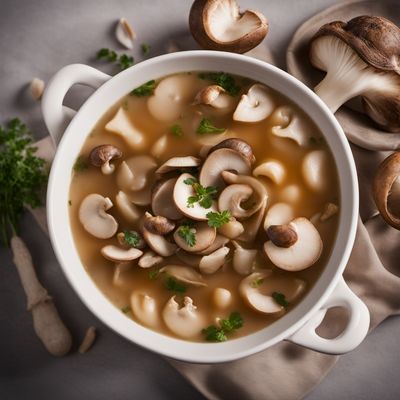
Mushroom soup
Savory Elixir: Unveiling the Magic of Mushroom Soup

Onion soup
"Savory Delight: Unveiling the Aromas of French Onion Soup"
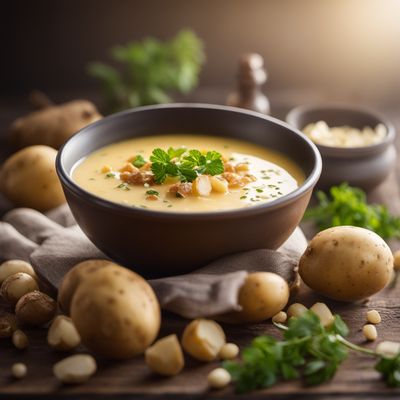
Potato soup
Creamy Comfort: Exploring the Delights of Potato Soup
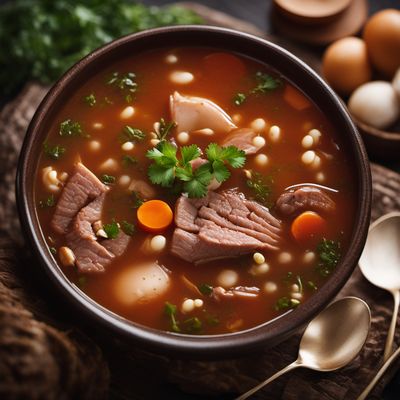
Meat soup
Savory Delight: Exploring the World of Meat Soup

Fish soup
A Taste of the Sea in a Bowl
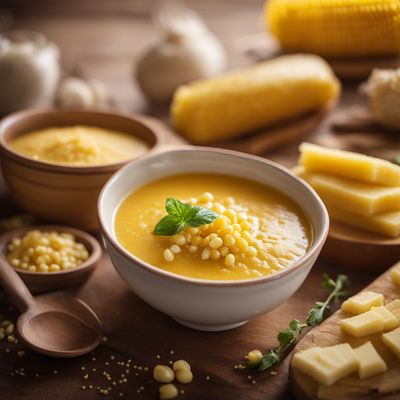
Corn semolina based thick soup
Golden Corn Delight Soup

Dairy/egg soup
Creamy Delight Soup
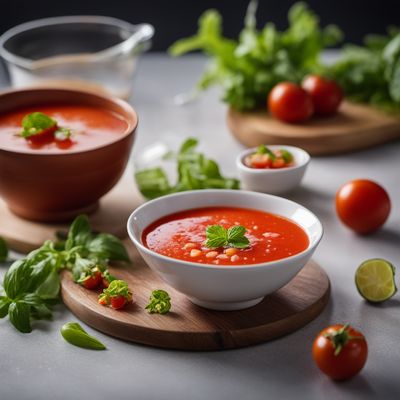
Gazpacho and similar
Refreshing Cold Soups: Gazpacho and Similar

Cereal products and grains based soup
Hearty Grains Delight
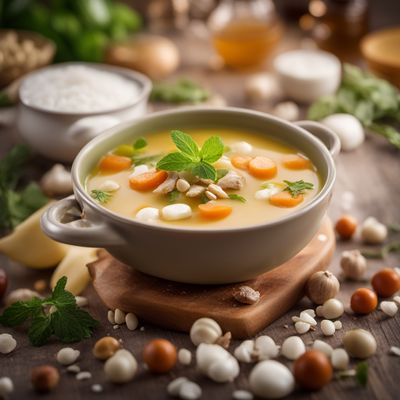
Mixed soups
A Symphony of Flavors: Exploring the World of Mixed Soups

Tomato soup
The Comforting Elixir: Tomato Soup